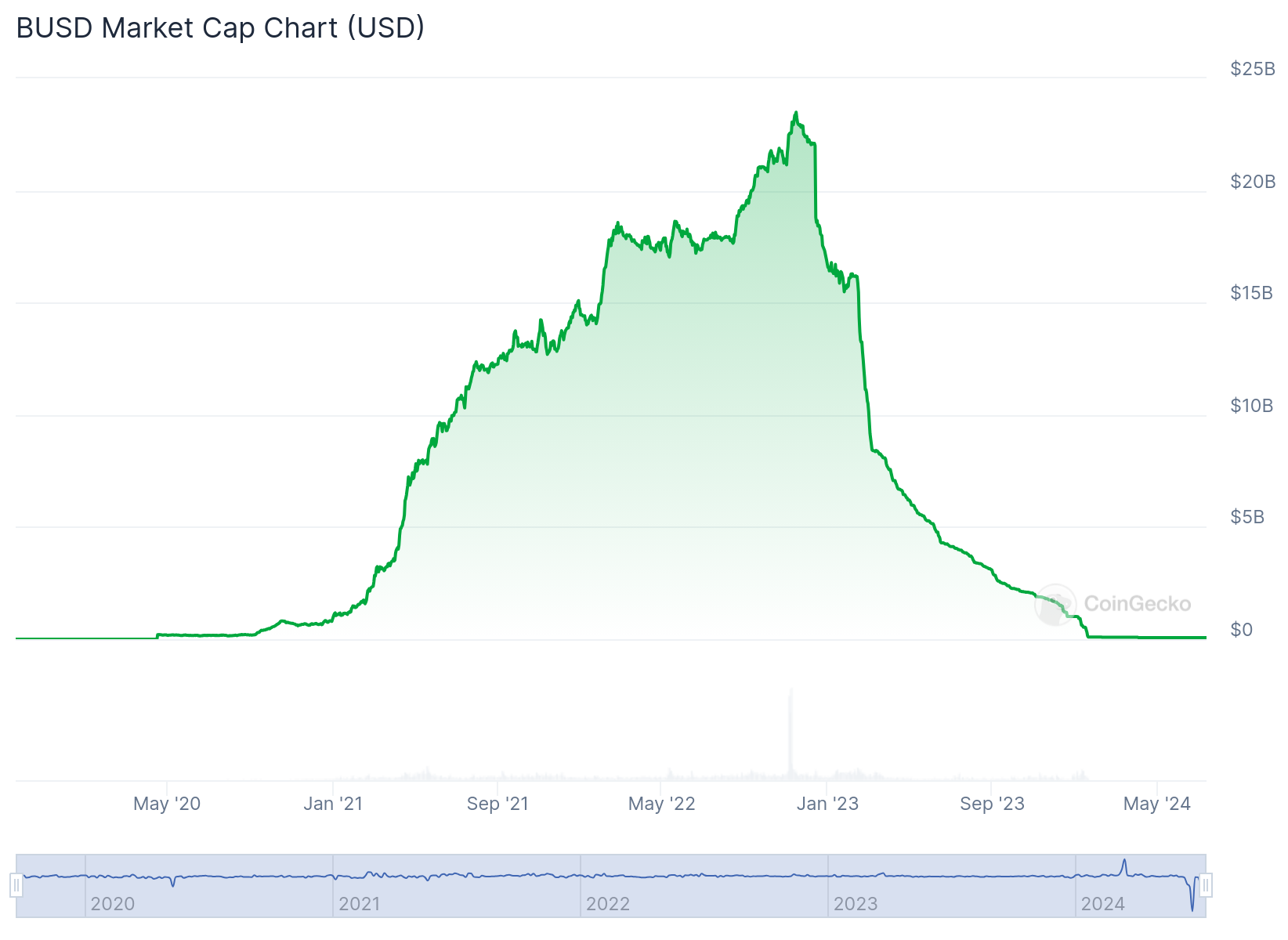The crypto industry has long wanted clear rules on whether stablecoins should be considered securities.
A recent move by the Securities and Exchange Commission (SEC) to quietly end its investigation into Paxos, a stablecoin issuer from New York, suggests that they are not in most cases.
SEC Ends Paxos Investigation, Clarifies Stablecoin Status
On July 9, Jorge Tenreiro, acting chief of the SEC’s crypto assets and cyber unit, told Paxos that he would not recommend enforcement action, according to a letter obtained by Fortune.This conclusion came more than a year after Paxos received a Wells notice from the SEC, indicating a possible enforcement action regarding the BUSD stablecoin, issued in collaboration with Binance.
A recent court ruling favoring Binance, which stated that BUSD sales were not a securities offering, likely influenced the SEC’s decision. As Congress continues to delay new regulations for the crypto sector, many see the SEC’s move as a positive development.
“The end of this investigation is a huge relief for us,” said Walter Hessert, head of strategy at Paxos. “We expected this outcome and it should provide more certainty in the market for large enterprises.”
Paxos introduced BUSD with Binance in September 2019. Although BUSD did not overtake its competitors, Tether’s USDT and Circle’s USDC, it became a major player due to its integration with Binance’s ecosystem.
The SEC had argued that BUSD was a security because it generated profits through its reserves, with some benefits passed on to Binance users. In February 2023, Paxos disagreed with this view, insisting dollar reserves fully backed the stablecoin. However, the company has terminated its relationship with Binanceand stopped minting BUSD.
Read more: Crypto Regulation: What Are the Benefits and Drawbacks?

The recent verdict could strengthen the stablecoin sector in the US, which has faced regulatory uncertainty, leading some companies to explore opportunities abroad.
 beincrypto.com
beincrypto.com
